 |
|
|||
|
|
| |
 |
|
the future fuel 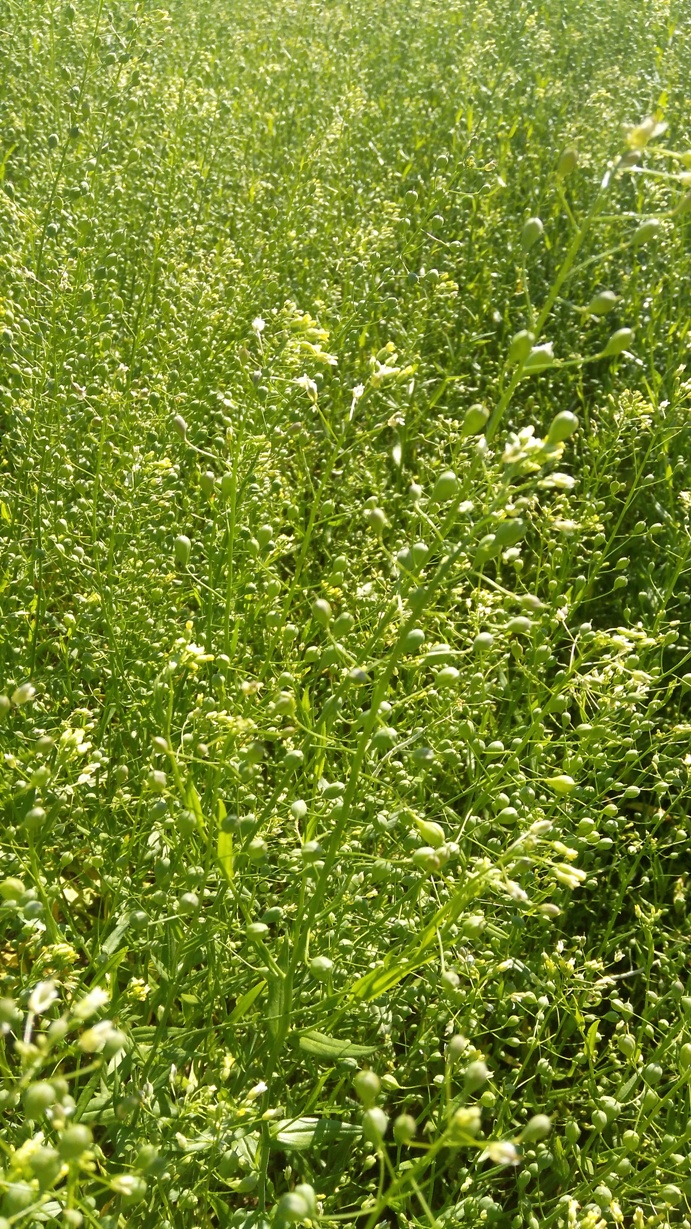 Over the past decade, worldwide production and distribution of plant oilseeds and their products have undergone remarkable expansion; the area devoted to growing oilseeds has expanded by 19%, while production has increased by 34% since 2005. The plant oil market is driven by the demand for higher yield and more sustainable production of the main crops (jatropha, palm, soybean, rapeseed and sunflower), but also by the need for increased crop diversification. This increased demand will require oilseed crops to be adapted to more diversified markets, in particular to provide sources of novel feedstock sources for the petroleum-based chemical industry. Over the past decade, worldwide production and distribution of plant oilseeds and their products have undergone remarkable expansion; the area devoted to growing oilseeds has expanded by 19%, while production has increased by 34% since 2005. The plant oil market is driven by the demand for higher yield and more sustainable production of the main crops (jatropha, palm, soybean, rapeseed and sunflower), but also by the need for increased crop diversification. This increased demand will require oilseed crops to be adapted to more diversified markets, in particular to provide sources of novel feedstock sources for the petroleum-based chemical industry.About Camelina Camelina has emerged in the last decade as a multipurpose crop plant particularly suitable for engineering new lipids for diverse uses, including feed, biofuel and green chemistry. The rebirth of this ancient crop was based on several intrinsic favorable characteristics: robust agronomic qualities, attractive oil profile, genetic proximity with the model plant arabidopsis. The need to increase both the production and diversity of plant oils, while improving the sustainability of agricultural systems, has been the driving forces behind the ever-increasing investment in camelina Over the past decade, there has been a remarkable increase in scientific interest in camelina, as driven by several quite different potential end uses. The high levels of omega-3 lipids in camelina oil are perceived as beneficial for human health and the high levels of tocopherols, including vitamin E, make camelina oil more stable to oxidation than other high omega- 3 oils such as linseed oil. A further attractive feature is that the residual meal after pressing can be used for animal feed. In addition to current food uses, there are several micro-niches for camelina oil in cosmetics, soaps, lubricants,etc. Nevertheless, the intense interest regarding camelina has been driven primarily by camelina oil’s potential as a low input source of biofuel with a particularly favorable greenhouse-gas lifecycle assessment Camelina and its oil 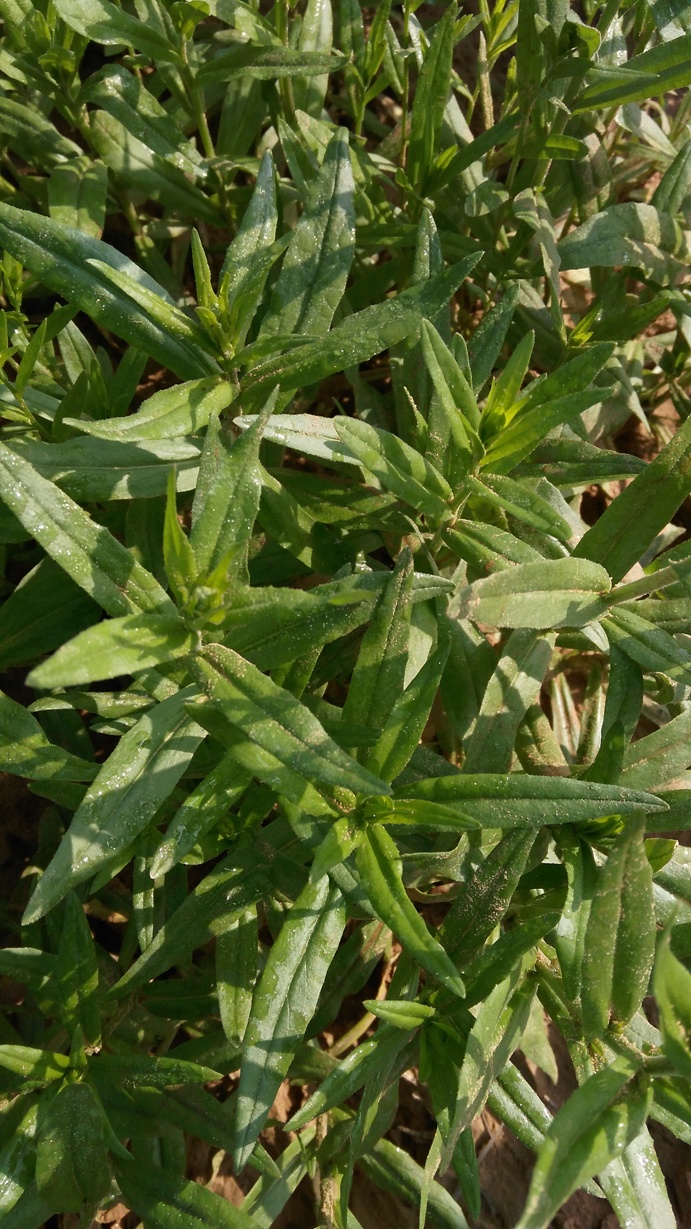 The increased interest in camelina oil occurred in parallel with increased interest in the crop because of its fundamental agronomic characteristics. Often cited as well adapted to growing on marginal soils, in fact camelina is remarkable adapted to a wide range of temperate climatic conditions, growing well in the semi-arid and also in the distinctly humid environment of Ireland. It has been described as a low-input crop, requiring little or no fertilization, and since it appears at present to be resistant to many pests and pathogens that affect other Brassicaceae neither insecticides nor fungicides are routinely used on camelina The increased interest in camelina oil occurred in parallel with increased interest in the crop because of its fundamental agronomic characteristics. Often cited as well adapted to growing on marginal soils, in fact camelina is remarkable adapted to a wide range of temperate climatic conditions, growing well in the semi-arid and also in the distinctly humid environment of Ireland. It has been described as a low-input crop, requiring little or no fertilization, and since it appears at present to be resistant to many pests and pathogens that affect other Brassicaceae neither insecticides nor fungicides are routinely used on camelinaFurthermore, the camelina life cycle is quite short; if planted in the spring, it can be harvested approximately three months later. Although spring-sown camelina is more widely grown, cultivars adapted to sowing in the fall to be harvested in the spring have also been developed). Camelina’s short lifecycle opens particularly interesting possibilities for double cropping. These potential double-cropping systems are of great economic interest, but should also have a positive impact on protecting soils from erosion and increasing crop diversity. Camelina at a glance Advantages; Short season (85-100 days) Low water requirements (7-12”) Low nutrient requirements (5 lbs N/100 lbs expected) [ Cold weather tolerant (seeds safe to 12F) High oil content (+40%) High ALA in oil (35-40%) Low input crop with low seed requirement (3.0 kg/ha) and high multiplication ratio (average seed yield 1700 kg/ ha) Fairly tolerant to weeds and grows well on relatively poor and saline soils. Palatable and nutritious meal for. Feasibility of camelina oil as biofuel has been demonstrated by Japan Airlines (JAL) on 31 January 2009 by carrying out the world’s first successful test flight of a Boeing aircraft run on biofuel from primarily a non-food energy crop, i.e. camelina 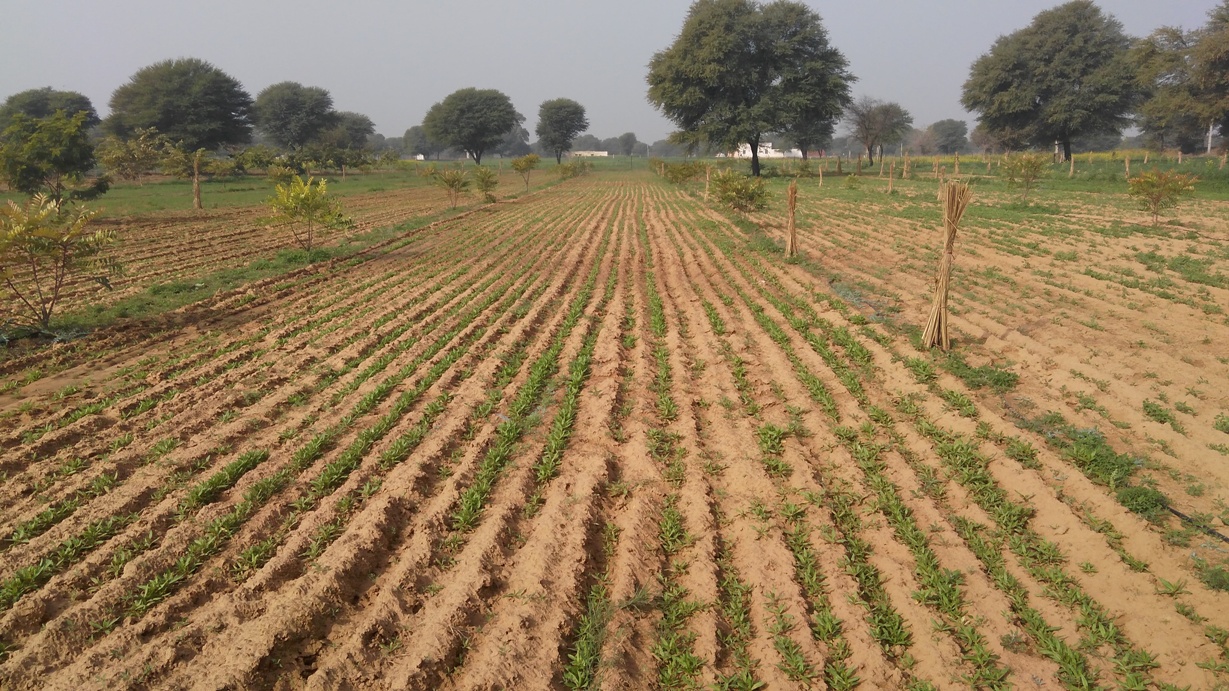 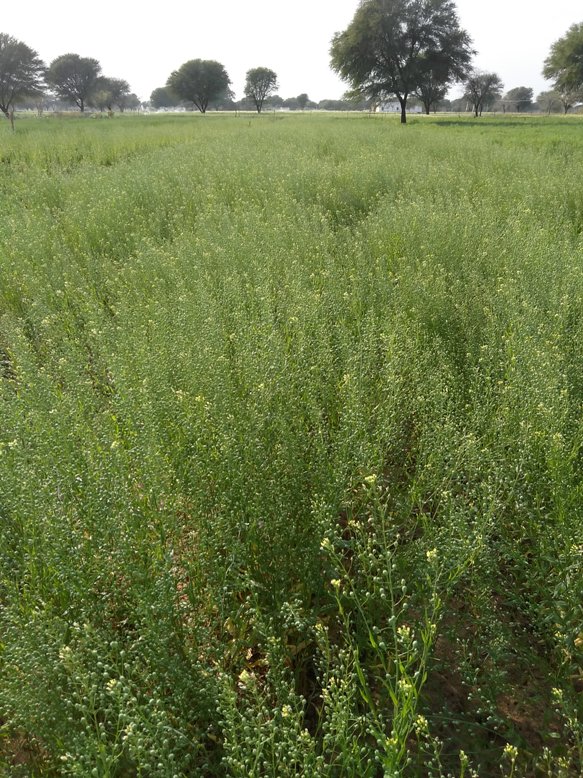  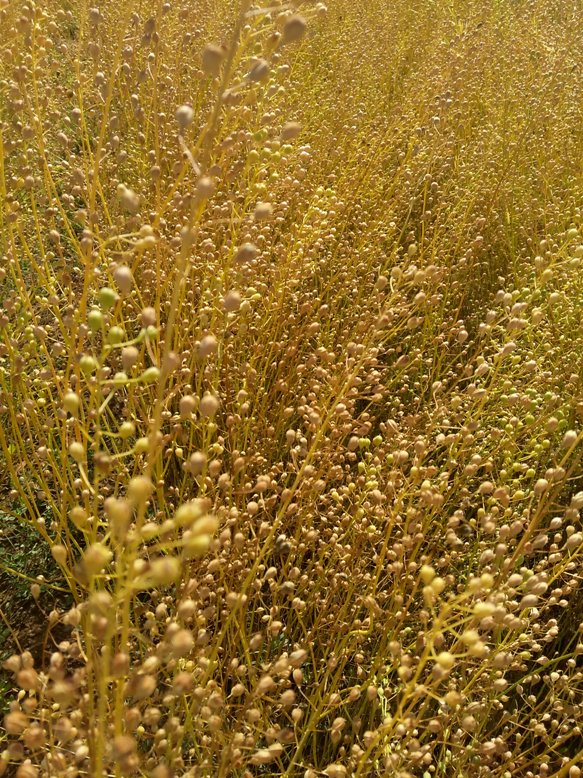 Camelina Production Basics: Good quality seed Firm seedbed Clean field sanitation 1 Kg N ≈ 62.5 kg seed production or 42 Kg N for 1000 Kg yield* *provided good moisture and low weed pressure Fertility ratio: 5N : 3P : 4K Seeding rate ≈ 6-8 kg /ha Row spacing: 8” or less Seeding date: Early ≈ 35 to 40°F soil temp TIMELY HARVEST In order to achieve commercial perfection, it is crucial to understand the crop’s requirements, predict its possible interactions with the environment & develop packages of practices for industrial cultivation. The ABC’s Scientists after several year researchers have developed low-cost Camelina Cultivation & Crop Care Technology
1) CAMELINA GROWING & CARE INSTRUCTION MANUAL An Easy- To- Follow Growing & Crop Care Instructions Manual 2) CAMELINA MONITORING & MANAGEMENT SYSTEM DIARY A Very Typical Monitoring & Management Diary 3) CAMELINA BIODIESEL BUSINESS PLAN: 100 ha Planning without action is futile, action without planning is fatal ABC’s Professional Business Plan Service  A feasibility study and a business plan are essential steps in developing a successful biodiesel business. However it is not easy to prepare an excellent business plan. A feasibility study and a business plan are essential steps in developing a successful biodiesel business. However it is not easy to prepare an excellent business plan.Advanced Biofuel Center has been working in the field of nonfood oil crops promotion for biodiesel production and become a pioneer of Biodiesel Crop Plantation & Production. ABC’s research findings and on-hand field experiences in respect of various technical, agronomical/silvicultural aspects of plantations of Jatropha and other nonfood biodiesel crops in various categories of land as well under different plantation models have resulted in significant improvements in knowledge and technical background related to Productivity, profitability and sustainability of commercial production of nonfood biodiesel Crops. Based on our proprietary knowledge and extensive experience gained we have developed Based on our proprietary knowledge and extensive experience gained we have developed and enhanced a wide range of Products for creating a “FALESAFE FUEL FARM” With its extensive experiences in the field, enhanced technology, plant science & professional knowledge, effective consulting service and business intelligence ABC can clearly understand the business model, products and services, production, marketing and provides all aspects of feasibility analysis and business development including assessments of the following: crop production, crushing, co-product markets, feedstock acquisition and contracting, technology analysis, risk analysis specific to biodiesel technology, feedstock, markets, and general project risks, market and financial analysis. We make the integration of our experience and professional knowledge with your information. We provide in depth analysis of crop cultivation and crop care part of plan for which we have team of agronomist and plant scientists, and then we have engineers and experts in biodiesel industries to finish the technology and production part of business plan. We have professionals in accounting to complete financial and economics part. ABC can offer the type of consulting that only numerous years of leadership in the biodiesel market can provide at an affordable price. ABC can help clients identify the needs, opportunities and solutions of their local, regional and national markets. By identifying these needs and providing management direction, ABC can help in creating a perfect business plan in order to develop and manage an effective and successful biodiesel facility. The most critical component of any business plan is the pro forma, an educated view or projection of what the performance of a company is capable of, given a specific set of assumptions and conditions. ABC has been involved in identifying these needs for specific projects for a number of years and can help develop a realistic and obtainable:
For a detailed quote for a complete and comprehensive Camelina Biodiesel Business Plan from Farming to fuel, kindly mail to jatrophaplan@gmail.com or contact 0n +91 0929423333 Camelina Energy Project Services (CSEP) Based on our proprietary knowledge and extensive experience gained we have developed and enhanced a wide range of Products just to ensure "FAILSAFE FUEL FARM" A B C has developed a set of CSEP services with access to our own supply chain intellectual property rights (IPR) and exclusive expertise with technological background and experiences in the field for creation of your ambitious Green Energy Farm CSEP SERVICE 1: (preliminary stage) Land identification is a pre-requisite to development of a Project plan and to meet this requirement Pre-feasibility Study is required to be getting carried out from the competent experienced agency. We do carry out the Pre-feasibility study report for choosing the best location for your green energy Project CSEP SERVICE 2: (preparatory stage) The formulation of business plan needs in- depth specialists from each field. ABC can offer nonfood renewable energy projects with many plans, resources and proven profitable models. Our specialty is business planning with the focus on high productivity and profitability. Getting the best business plan CSEP SERVICE 3: (pre-plantation stage) Getting the best planting stock/material is the most important KEY Strategy to ensure a failsafe fuel farm. We have developed best variety called “SRIPHL CS03“with more seeds and more oil per ha with early flowering and maturity (90) days. Submit your requirement for elite Camelina Seeds here CSEP SERVICE 4: (Plantation stage) Adopting Best Practices in Agronomy In order to achieve commercial perfection, it is crucial to understand the crop’s requirements, predict its possible interactions with the environment & develop packages of practices for industrial cultivation That's why ABC is providing low-cost Crop Cultivation Technology & Crop Care Technology which includes Improved Agricultural Practices Varietal Improvements Enhanced cultural practices Pest & Disease Control Intercropping Going "Green" with the use of Microbial fertilizers Fine-tuning practices to soil type, environmental conditions & labor For further details, kindly contact: Director (Business Development), ABC Tele: +91-9829423333 E-mail jatrophaplan@gmail.com |
© 2004- 2025 ABC-Advanced Biofuel center ,, All Rights Reserved |
